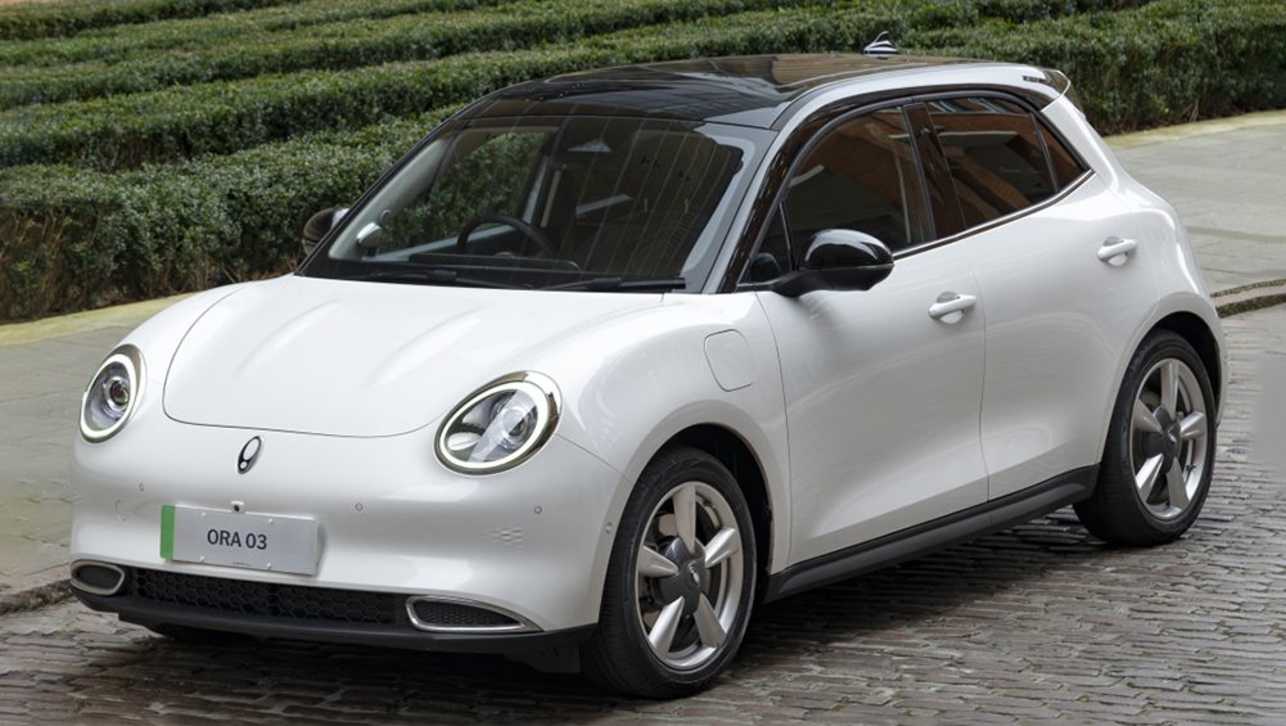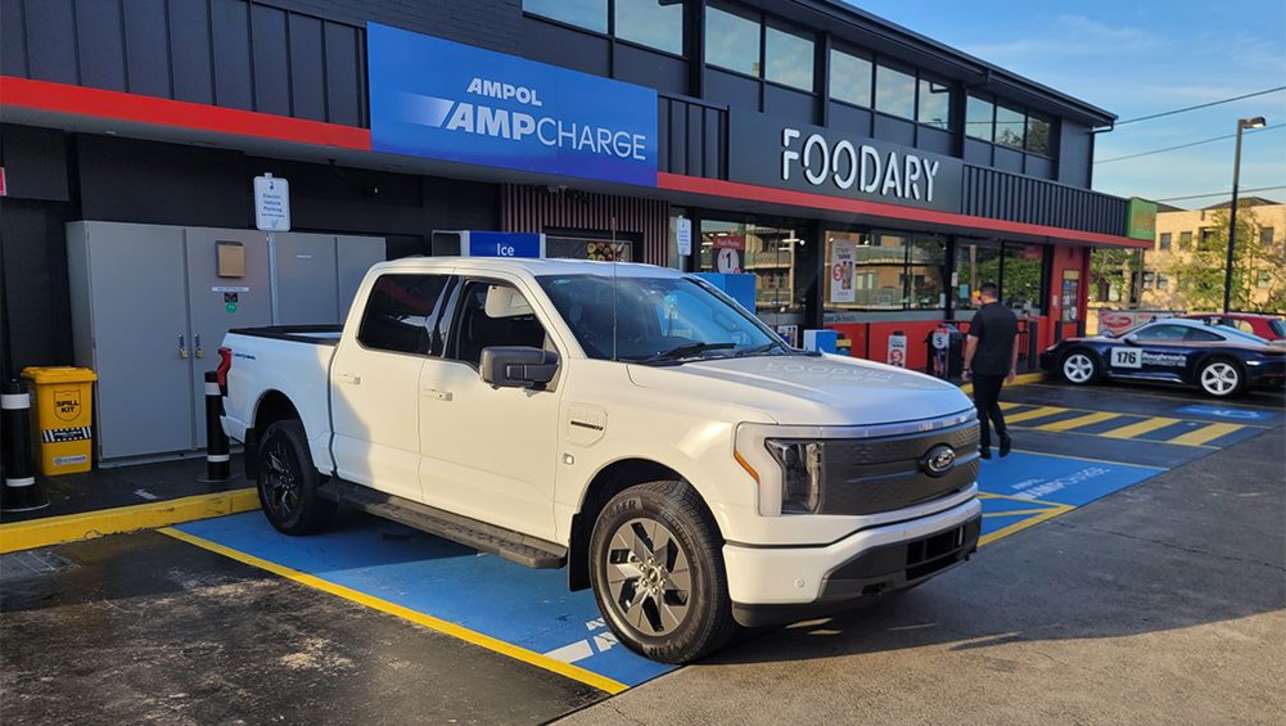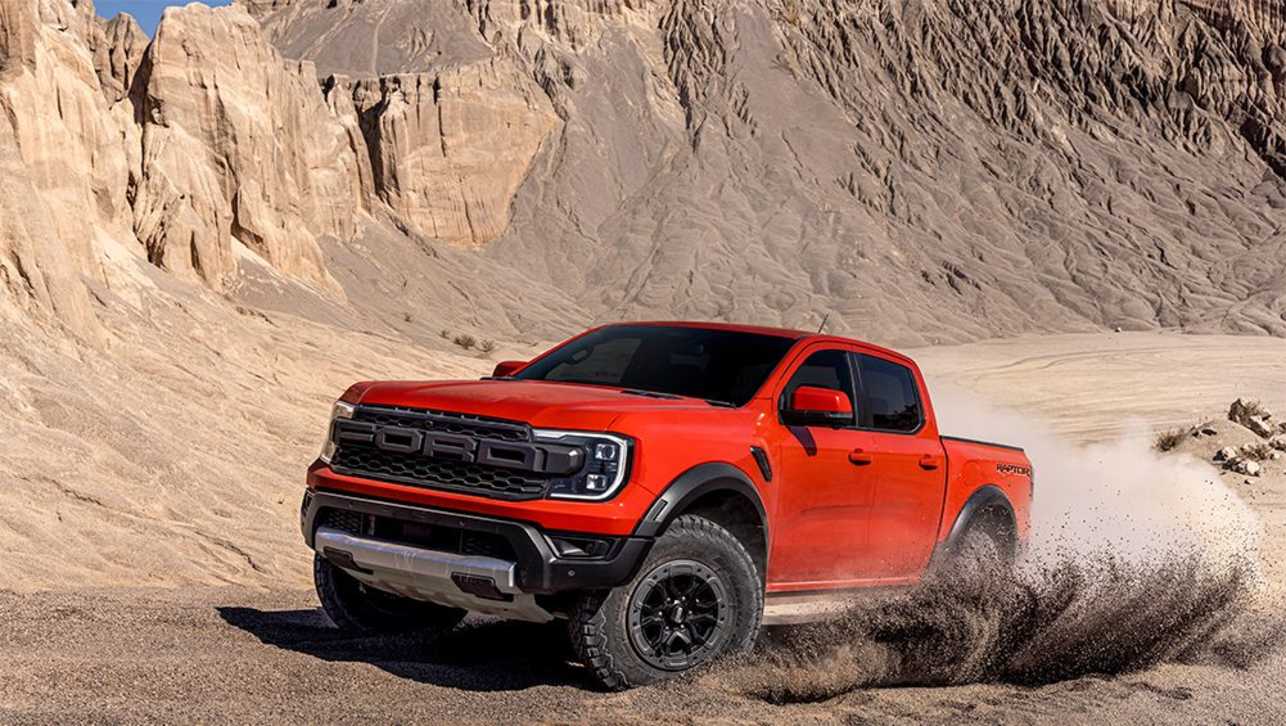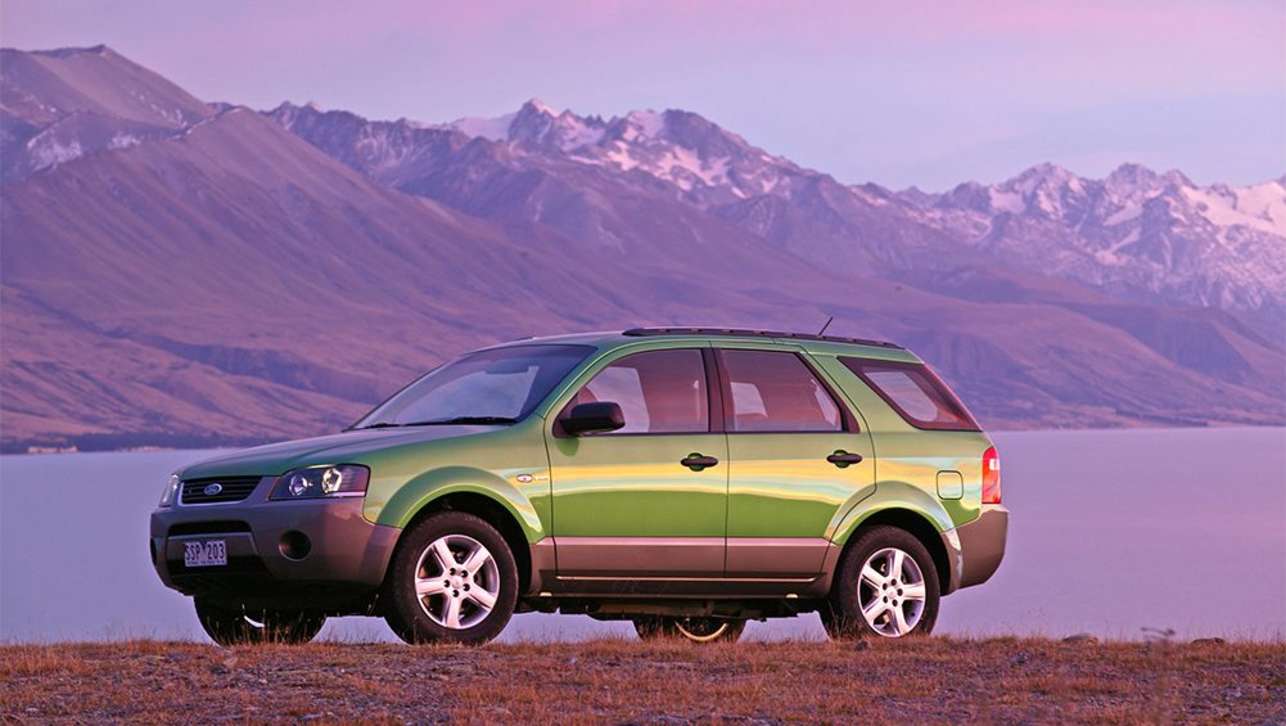The global boss of Ford, Alan Mulally, has warned that the Australian economy will suffer “in the long term” without a manufacturing sector.
With Ford and Holden announcing factory shutdowns in 2016 and 2017, and with Toyota likely to follow in 2018, Australia’s entire automotive manufacturing base -- which employs in excess of 50,000 workers -- is destined to collapse, with little hope of a revival.
At an open forum on day two of the Detroit motor show, Mr Mulally was asked by a university student about the importance of government assistance in manufacturing. “No country is ever successful in the long term … without a really strong and vibrant manufacturing base,” said Mr Mulally.
“It’s the foundation of all economic development. You actually make things that create value. That’s why every country around the world is collaborating with the private sector … to figure out how to create an environment where manufacturing (is viable).”
Nineteen of the G20 nations have vehicle manufacturing industries but that figure will fall to 18 once the car industry shuts its doors in Australia.
Coincidentally, early on in Holden's campaign for an increase in government assistance last year, Holden boss Mike Devereux told News Corp that Australia needed to decide if it was content to simply become "a farm, a hotel and a quarry", referring to agriculture, tourism and mining as the big industries once manufacturing dies.
Mr Mulally said 70 per cent of all the research and development in advanced technology and investment is associated with manufacturing, and it was the “foundation of wealth creation”. “You create value and you create jobs,” he said.
When News Corp asked Mr Mulally if this meant Australia was “doomed”, he said: “I don’t know about that word, but clearly Australia is going where it’s going. And what Australia’s done with their (low import) tariffs and what they’ve done (reducing) support of their industry...”
Mr Mulally wouldn’t comment further on what the loss of the manufacturing industry would mean to the Australian economy, but he repeated the message that Ford will continue to sell cars once the Broadmeadows car assembly line closes. “We’re going to serve (Australia) with more vehicles ... we’re just not going to be making them there,” he said.
Mr Mulally’s comments came a day after the head of international operations for General Motors, Stefan Jacoby, said it was “impossible” to make cars in Australia.
“Since the market is so open, with a lot of Free Trade Agreements coming up, it is fundamentally impossible to produce vehicles in Australia, regardless of what the government is saying,” said Mr Jacoby, formerly the boss of Volvo and a high-ranking Volkswagen executive.
Even if the Federal Government were to raise import tariffs it still does not make sense to build cars in Australia, he said.
“If they would make barriers and would truly support their local automotive industry it would lead to an uncompetitive business,” said Mr Jacoby. “Local production, even if would be a pure assembly (operation) doesn’t make any sense.
“Our business is driven by scale of economics, of productivity, of an efficient supplier industry … optimised logistics … Australia is just too small in these scales.”
A statement from Toyota Australia yesterday said: “Recent factors have put our manufacturing operations under unprecedented pressure. We are now studying all relevant business impacts and a decision will be made on future investments sometime this year."
Last week, Toyota Australia’s executive director of sales and marketing, Tony Cramb, admitted the situation is dire but insisted “the writing is not on the wall”.
But Mr Cramb said Holden’s decision to end manufacturing in 2017 “puts unprecedented pressure on Toyota and makes it more difficult for us to be the sole manufacturer here in Australia”.
Mr Cramb confirmed that a decision about investment in the all-new Camry due in 2018 would come from Japan by “the middle of the year”.
However, News Corp Australia has been told by Toyota insiders that Japan may delay the announcement until later in the year because the relationship has soured between the global headquarters and the Altona factory floor.
Ford's Alan Mulally is credited with one of the biggest turnarounds in the automotive world. He joined Ford seven years ago after 37 years with Boeing. The company was tracking so badly, In his first year at Ford it posted a record $17 billion loss.
Mr Mulally sold off assets and other car brands that Ford had acquired, including Jaguar, Volvo, Aston Martin and Land Rover, mortgaged the company to the hilt - including the Ford badge - borrowed $23 billion and began a complete transformation of the company just before the Global Financial Crisis hit.
It enabled Ford to keep its foot on the accelerator and develop new models at a time when other brands were forced to stop development and slash costs. Indeed, Ford's rivals General Motors and Chrysler had to be bailed out by the US Government.
Ford has since paid back its original $23 billion loan from the banks, its global sales have increased and the company has been profitable under Mr Mulally's leadership. He recently declined an offer to run Microsoft and says he will continue to lead Ford through to the end of 2014.







.jpg)
.jpg)
.jpg)

.jpg)

.jpg)


.jpg)


.jpg)





.jpg)




Comments